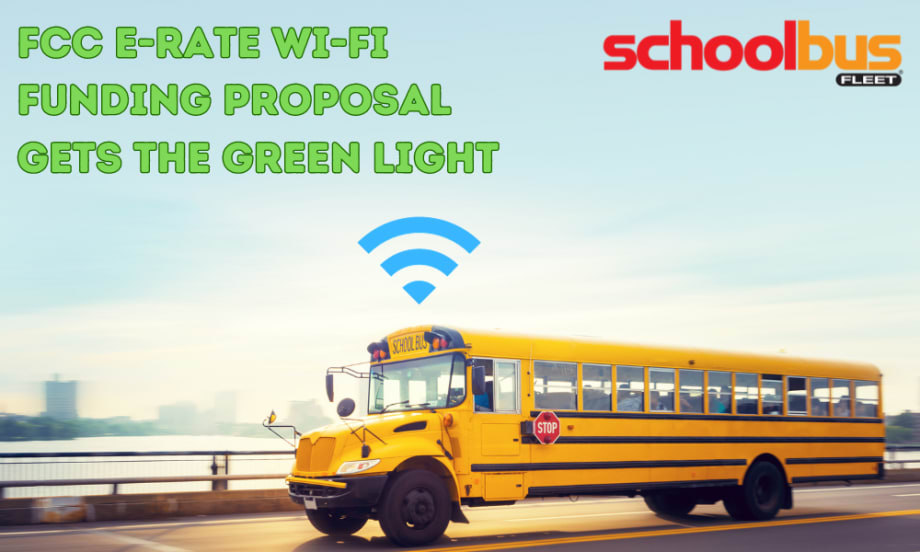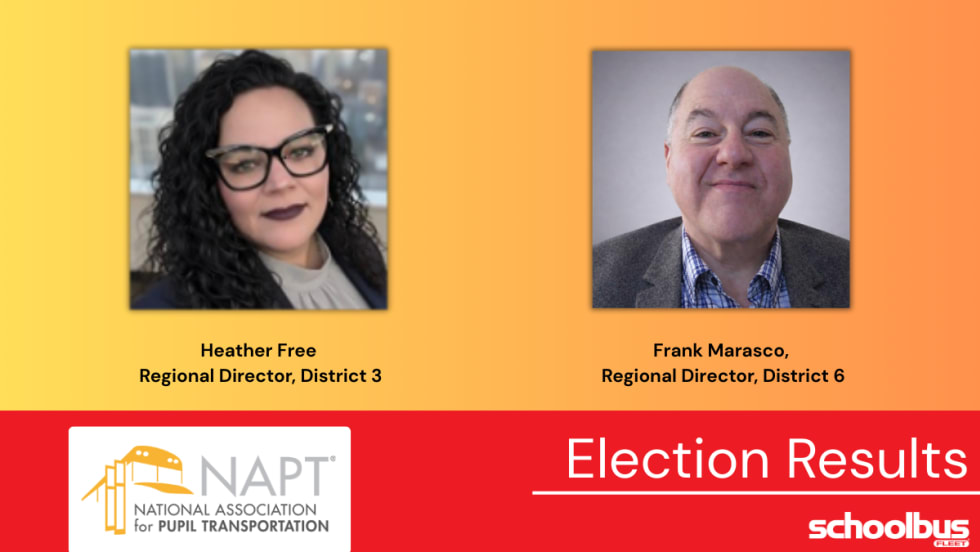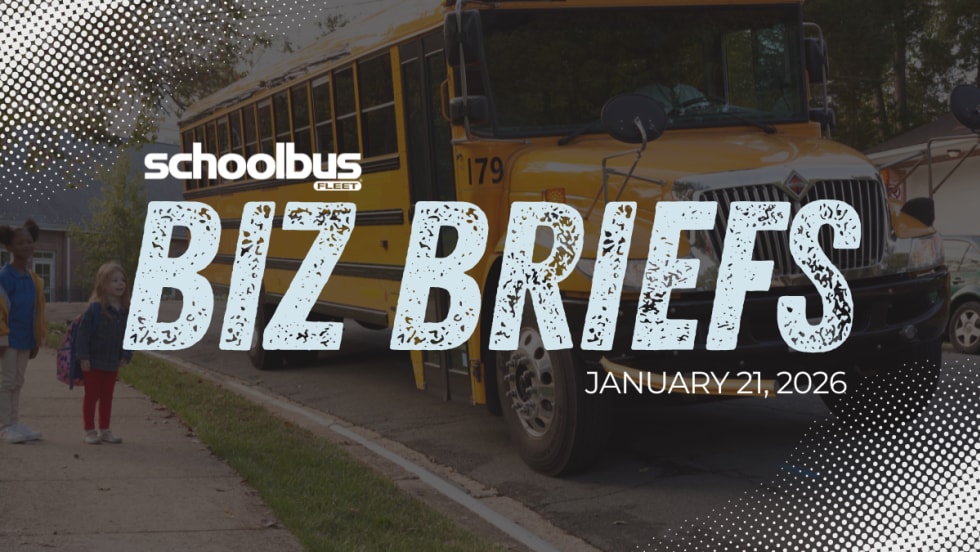The Federal Communications Commission announced that it will allow E-Rate funding to be used for Wi-Fi on school buses. That decision came out of the FCC's Oct. 19 meeting, following more than a year of delays on the clarification to the rule and partisan backlash.
The funding will begin next year, as the Emergency Connectivity Fund program is set to sunset on June 30, 2024. Hundreds of school districts used financial support provided by that program to equip school buses with Wi-Fi connections.
The FCC's action "enhances the benefits and the reach of the E-Rate program to ensure that the millions of students caught in the Homework Gap can more fully engage in their learning," an FCC news release stated.
About the E-Rate Program
The E-Rate program gives discounted Wi-Fi access to schools. It was authorized by Congress as part of the Telecommunications Act of 1996 and created by the Commission in 1997 to enhance access to advanced telecommunications and information services for all public and nonprofit elementary and secondary school classrooms and libraries, according to the FCC.
There was a lack of clarity over whether the program could fund Wi-Fi equipment for school buses, since they are not on school property.
Although the E-Rate program does not provide support for most off-campus services, the Commission has previously permitted the use of E-Rate-funded services in certain limited circumstances.
As School Bus Fleet previously reported, to remain consistent with its past determinations regarding other eligible off-campus use of E-Rate-supported services, this ruling clarified that the use of Wi-Fi or other similar access point technologies on school buses is an educational purpose, making the provision of such a service eligible for E-Rate funding.
Responses to the Ruilng Approval
Kajeet, a company that puts and monitors Wi-Fi on school buses, applauded the FCC's move, stating in a press release, "This ruling is a major victory for digital equity and will have a significant impact on students across the country, especially those in rural and underserved communities."
In the proposal, FCC Chairwoman Jessica Rosenworcel noted a report stating that there are at least 16 million students nationwide living in homes without a broadband connection, at a time when teachers are increasingly assigning homework that requires access to broadband and/or digital devices outside the classroom.
"Kajeet has been a pioneer in school bus WiFi since 2015, and we are thrilled to see the FCC recognize the importance of connecting students to the internet on their commutes," Kajeet CEO Ben Weintraub said. "This ruling will help to bridge the digital divide and ensure that all students have access to the resources they need to succeed in school and in life."
Kajeet pointed to a recent study by the National Education Policy Center, which found that students on buses with Wi-Fi were more likely to complete their homework, study for exams, and do research outside of the classroom.
The study also found that students on buses with Wi-Fi were more likely to say they enjoyed going to school and that they felt connected to their classmates and teachers.
"I am proud of what we are doing today. We are going to help close the Homework Gap and get more kids connected for school," Rosenworcel said in a statement after approving the ruling. "This is especially vital in rural areas, where commutes to school are long and broadband is not always available."
Why the Proposal Faced Pushback
Rosenworcel, a Democrat, made the proposal in May 2022, but faced delays in getting it approved over an empty FCC board seat due that came as a result of a two-year holdup over a prior nominee. The board holds a democratic majority.
Rosenworcel's proposal was an answer to 2021 bipartisan legislation introduced by U.S. Senators Ben Ray Luján and Lindsey Graham calling for the same clarity.
The Hill reported that top Republicans in House and Senate Commerce committees criticized the proposal, arguing that the added Wi-Fi would increase children’s access to risky and potentially harmful social media apps in an environment with limited supervision.
Weintraub recommends imposing filters to block certain social media sites on school buses.
The GOP lawmakers also said they didn't believe that Wi-Fi on school buses falls under the scope of the E-Rate program, something which the Oct. 19 ruling proves that the board disagreed with.














